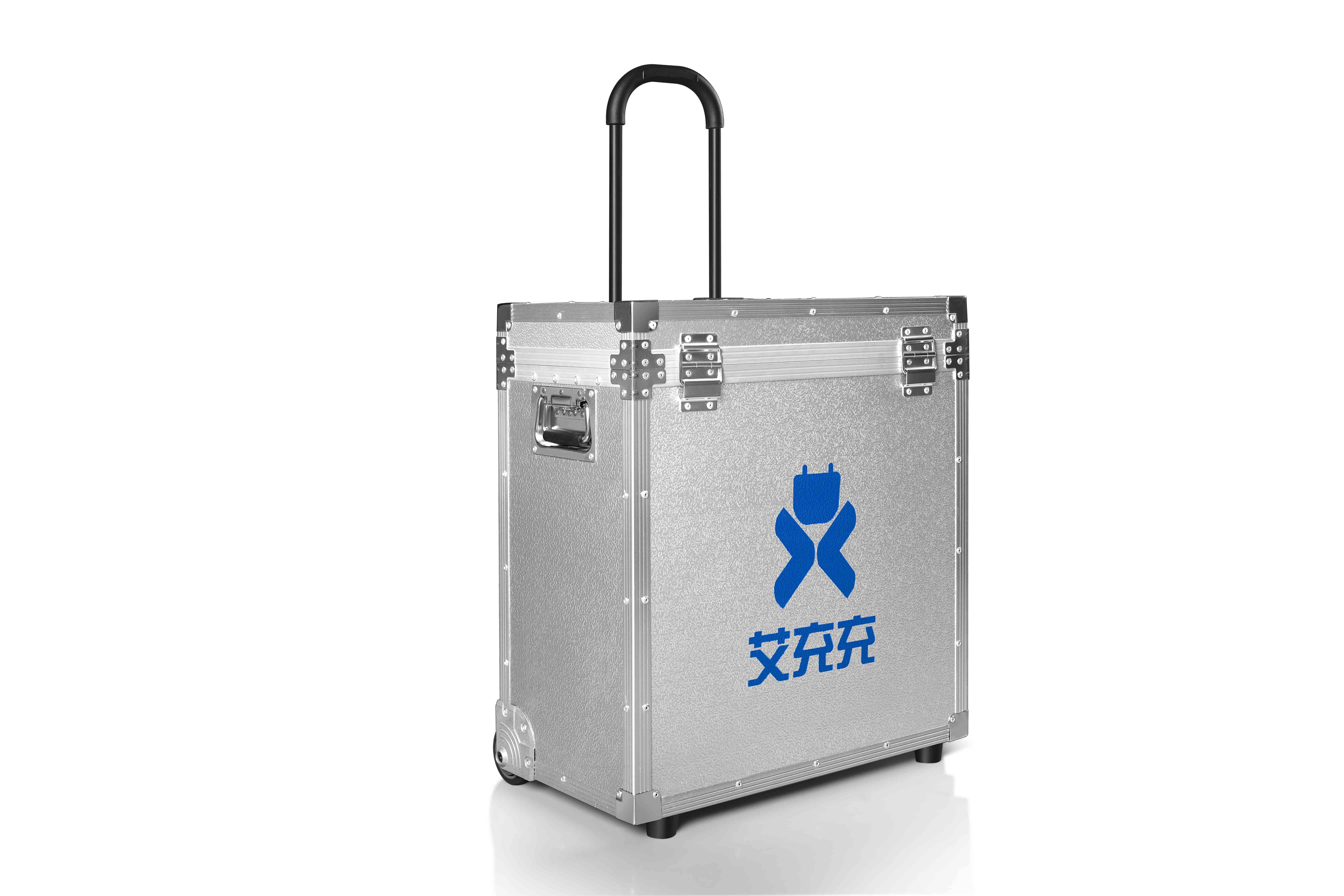
Dec . 05, 2024 13:27 Back to list
Battery Energy Storage Solutions for Commercial and Industrial Utility Applications
Battery Energy Storage Systems for Electric Utility, Industrial, and Commercial Applications
In recent years, the world has witnessed a paradigm shift toward sustainable energy solutions, driven by the urgency to combat climate change and mitigate dependence on fossil fuels. Among the most promising technologies facilitating this transition are battery energy storage systems (BESS). These systems are increasingly being deployed across various sectors, including electric utility, industrial, and commercial applications, offering a versatile solution to enhance energy management, reliability, and efficiency.
The Role of BESS in Electric Utilities
Electric utilities play a vital role in maintaining grid stability and ensuring reliable electricity supply. BESS serves as a critical component in this endeavor, helping utilities manage the intermittent nature of renewable energy sources such as solar and wind. By storing excess energy produced during peak generation periods, these systems can discharge power back into the grid during times of high demand or low generation, effectively balancing supply and demand.
Moreover, battery storage can facilitate grid frequency regulation and voltage control, which are essential for maintaining the quality and reliability of electricity services. During unexpected outages or system disturbances, BESS can provide quick-response backup power, reducing the risk of blackouts and enhancing overall grid resiliency. As utilities increasingly integrate distributed energy resources (DERs), the flexibility offered by battery storage becomes even more critical, allowing for smoother integration and management of diverse energy sources.
Industrial Applications of Battery Energy Storage
For industrial sectors, battery energy storage systems present an opportunity to optimize energy consumption and reduce operational costs. Many industries face fluctuating energy prices, and by incorporating BESS into their energy strategy, businesses can capitalize on lower electricity rates during off-peak hours. This stored energy can then be used during peak demand periods when prices are higher, resulting in significant cost savings.
battery energy storage systems for electric utility industrial and commercial applications

In addition to economic benefits, BESS can enhance operational resilience by providing backup power during grid interruptions. This is especially crucial for industries that rely heavily on continuous operation, such as manufacturing and pharmaceuticals. With the ability to switch seamlessly between grid power and stored energy, businesses can minimize downtime and maintain productivity.
Furthermore, battery storage can support businesses in their sustainability goals. By reducing reliance on grid electricity during peak times, industries can decrease their carbon footprint, particularly when the grid is powered by fossil fuels. This aligns with growing regulations aimed at reducing greenhouse gas emissions and can enhance a company's reputation as a responsible corporate citizen.
Commercial Applications and Benefits
Similarly, commercial facilities are increasingly recognizing the advantages of battery energy storage. Retail stores, office buildings, and hospitals can utilize BESS to improve energy efficiency and manage costs effectively. In commercial settings, demand charges—fees based on the highest level of electricity usage—can significantly impact operational expenses. By implementing a BESS, businesses can smooth out their energy consumption profiles, reducing peak demand and associated charges.
Additionally, BESS can provide critical backup power for essential services, ensuring operations continue during outages. Facilities like hospitals and data centers, where uninterrupted power is imperative, can greatly benefit from the reliable energy supply offered by battery storage systems. Moreover, integrating energy storage with on-site renewable energy generation—such as solar panels—can further enhance energy independence and reliability, creating a self-sustaining energy ecosystem.
Conclusion
Battery energy storage systems represent a transformative technology that holds the key to a resilient, efficient, and sustainable energy future. For electric utilities, they enhance grid stability and reliability, enabling the successful integration of renewable energy sources. In industrial and commercial applications, BESS not only offers cost-saving opportunities but also supports operational resilience and sustainability initiatives. As technology continues to evolve and costs decrease, the adoption of battery energy storage systems is anticipated to grow, reinforcing their critical role in the transition toward a cleaner and more sustainable energy landscape. Embracing this technology is not just a smart business move; it is an essential step toward a sustainable future where energy is used more efficiently and responsibly.
-
AI-Powered EMS with GPT-4-Turbo | Efficiency Boost
NewsAug.01,2025
-
Optimized Storage System for GPT-4-Turbo | High Performance
NewsJul.31,2025
-
AI Energy Management System w/ GPT-4 Turbo Efficiency
NewsJul.31,2025
-
High-Performance Energy Storage System for Reliable Power Solutions
NewsJul.30,2025
-
Advanced EMS Solutions for Energy Management System & Storage Battery Companies
NewsJul.29,2025
-
Intelligent Energy Management for Homes - Efficient Storage Solutions
NewsJul.29,2025























